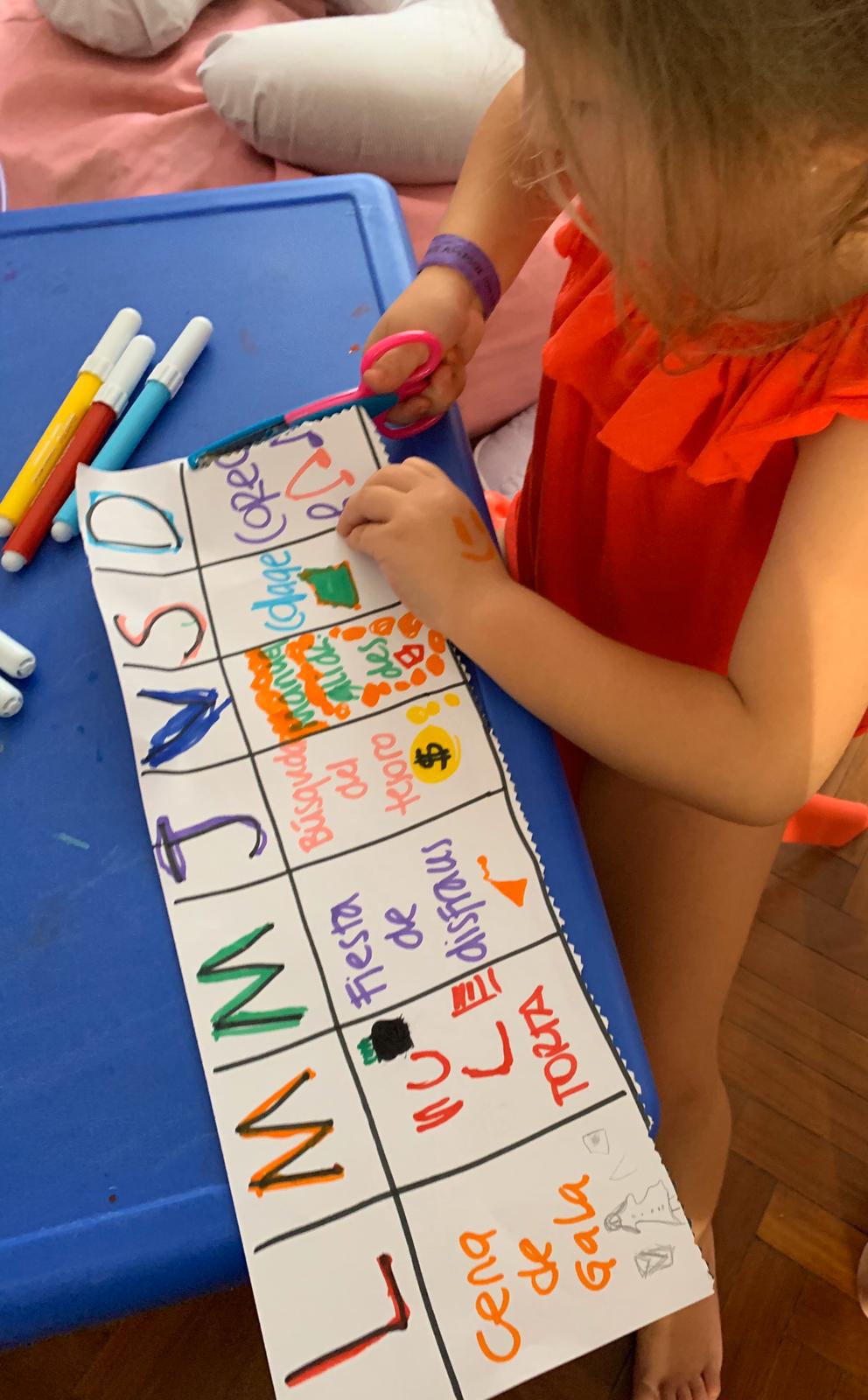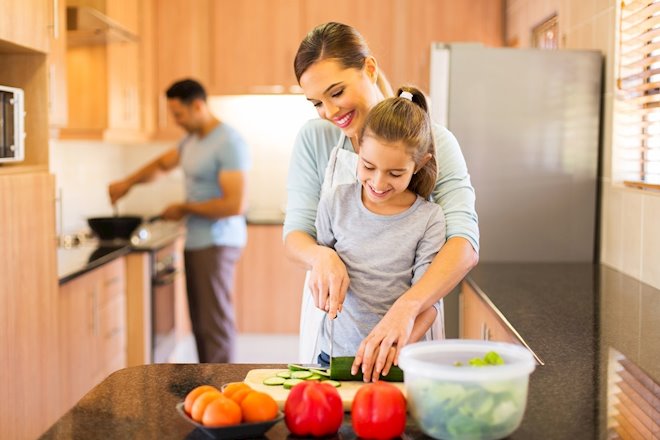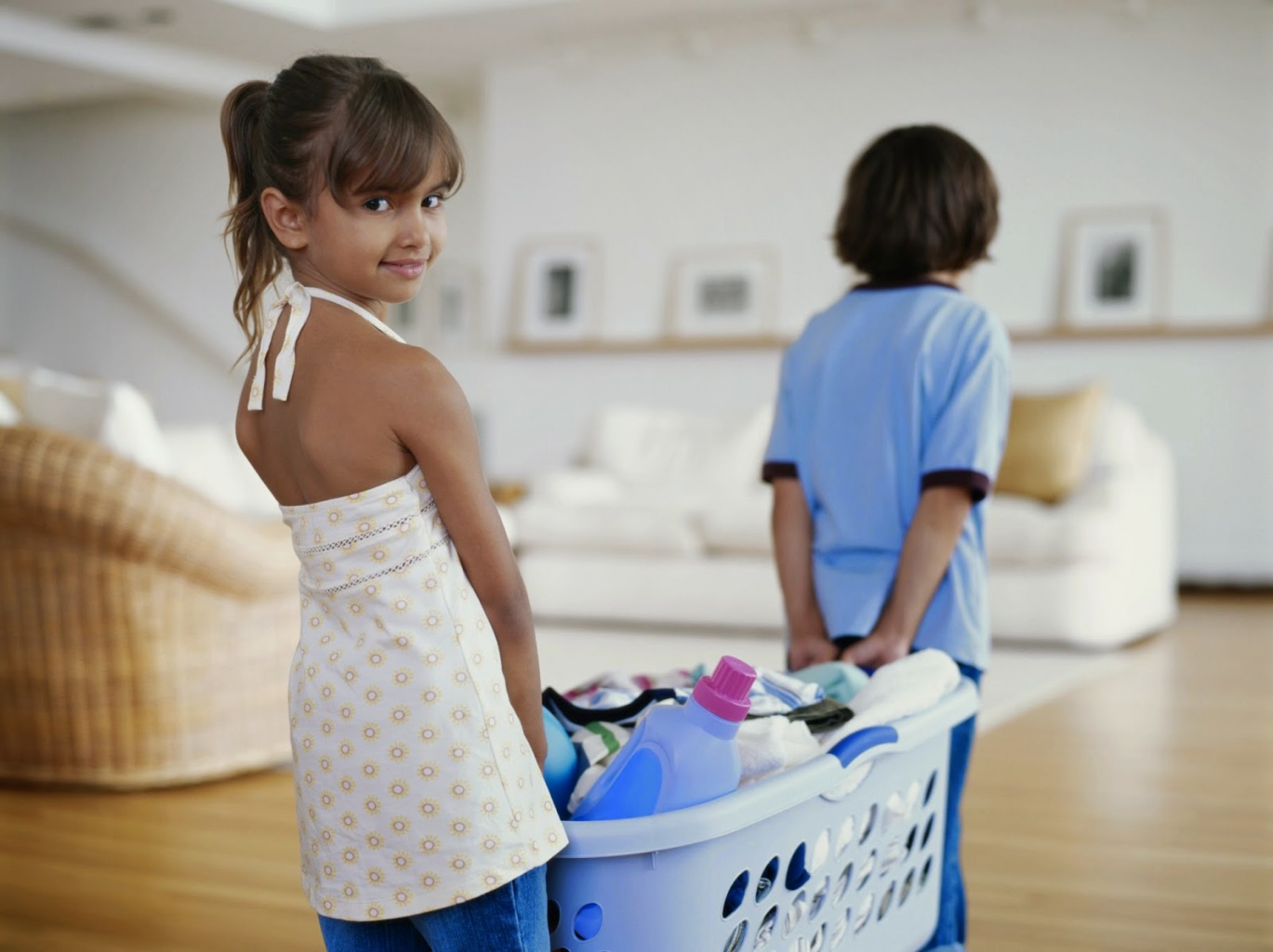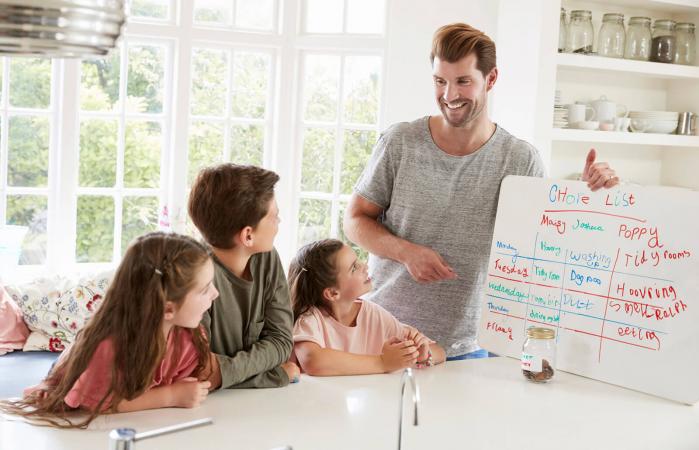
“So it is good that we all put on the table how it makes us feel
In this situation, let's ask the boys how they feel.
with what is happening, and validate their emotions.»
During the weekend the flow of information about the coronavirus COVID-19 It has been impressive and very heterogeneous: news about caring for others and co-responsibility, about health measures, songs, memes, materials that invite us to reflect, etc.

From the Department of Psychology and Guidance we hope to be able to support you and contribute from our role to the care of the family and, especially, of the children.
The time we are living in is a different time, due to a situation that has not happened before in each of our history, and it is normal that we have feelings of strangeness, uncertainty, fear and anxiety. For this reason, we want to help you to go through this different period, together with your children, making the best of yourself and of what we have to live. We understand that the situation of isolation or confinement for several days at home can cause some psychological discomfort in the family. The good thing is that we have protective factors, which will help us to spend this time as a family in the best possible way, appealing to internally feel the enjoyment of being together as a unique opportunity for meeting.
We share some suggestions:
1. Look at each other and then answer
We can choose how to respond to the reality we are living in; to do this, it is important to first try to get in touch with our emotions about it, in order to manage them appropriately. So it is good for all of us to put on the table how this situation makes us feel, ask the kids how they feel about what is happening, and validate their emotions.
2. Be careful when handling information
Over-information exposes us to anxiety and to receiving news or materials of dubious origin. For this reason, it is good that we choose some moments during the day to be informed by the appropriate and truthful media, to closely follow the measures to be taken. We should avoid having children present when we hear the news; the news is directed at adults, and children do not have the resources to process the information received in the same way. Children need us to filter the information and, without ceasing to be sincere, explain to them what is happening and how the situation is evolving with words that they can understand according to their evolutionary age. If there are things that we do not know, we should not be afraid to say it, expressing that as soon as possible we will get them out of that anxiety, either by asking the pediatrician when they visit him, or someone knowledgeable in the matter.
The older they are, the more capable they will be of problematizing and questioning the information that comes from different sources, so it is a good opportunity to reflect with children and adolescents on the discernment of the information that reaches us constantly.
3. Understand that it is a matter of social responsibility
The younger children are, the more they feel what affects them directly, and having to forcefully change their routines and stay at home can be causing them some kind of psychological discomfort. Let's try to make them understand, with words appropriate to their age and with gestures of affection, that staying at home has to do with taking care of oneself and above all with taking care of others, grandparents, uncles, teachers. In this way, we do not focus on the idea of what we cannot do, but on the contrary, that We are doing good for our society. Not leaving home has to do with protecting each other, mainly people with fragile health, thus appealing to the idea of empathy, by performing an act of great value and transcendent meaning.

4. Establish routines that are possible to follow
Routines convey security and calm in the face of the unknown, as they show that there are situations that we can anticipate and feel in control of. Faced with so many unexpected changes, children and families need more than ever situations that we can control. Generating routines provides a framework, an order and prevents family conflicts, being very beneficial for coexistence, whether with children or adolescents. For this reason, it is advisable that we maintain established practices and habits, understanding that this is not a vacation time, although there is greater flexibility in schedules than when attending school.
It is very important to discuss with everyone the different times and activities that we will do during the day. Let's take some time to create daily guidelines with some activities that we agree on with them, appealing to family creativity. Involving them in the decisions about what we will do helps them grow in their capacity for self-regulation and negotiation, always within a framework set by the adult. These moments of sharing at home or among siblings also give us the opportunity to, by being attentive, help them grow in social skills for better coexistence.
Establishing a new routine is a great challenge, which takes time and patience to adapt. The plans will be in accordance with what we are developing in each home, taking into account new demands that are being made on us from the workplace in the adult world, and on children from school, and which must be included in a very important framework of daily habits that include rest, food, hygiene and free time for play and enjoyment.
5. About homework
Considering that the school will send different activities remotely, it would be important for you to help them organize them. These can be part of the proposed daily routine. You can create a daily schedule or agenda of activities with them, where you can alternate moments of play, exercise and activities such as cooking as a family, among others, appealing to creativity and getting in touch with the child's desire. This also helps them connect with the idea and management of time, feeling more secure.
6. About the game
Children process their experiences through play, so we believe it is of the utmost importance to encourage time for play. Play, in addition to being a privileged space for rest, entertainment and enjoyment, allows children to healthily process and synthesize the emotions, worries or fears that arise. It is very important to limit time in front of screens and agree on play spaces during the day.
In the same way, it is very beneficial for them to have time to do manual or plastic activities, through which they channel many of their emotions.
7. About sleep
Because children are affected by changes in routine, some may have difficulty falling asleep. Therefore, it is advisable to accompany children at bedtime, whether it be singing a song, reading a story together, praying, etc. The closeness and emotional availability of their significant others at these times is very important.
8. Let's move!
We can make the most of our time together by doing some physical exercise at home. There are a wide variety of programs on different platforms to download or videos on YouTube. It is a way to expend physical energy, which is vital for overall health, thus equating emotional and mental wear and tear with physical wear and tear. We can also do breathing exercises as a way to find some self-regulation.

9. Talk, always
We recommend ending the day with a calm conversation, inviting everyone to express and feel their emotions validated. Those who wish can say a family prayer in a tone of hope. Getting together and fostering these spaces for dialogue and sincere communication helps children feel the belonging, care, affection and protection of those who love them most, in the face of this very particular situation. Feeling heard and understood will attenuate feelings of anxiety and fear in them.
As we have previously expressed, all of these factors can generate emotional deregulation in your children, and in everyone. We encourage you to be able to generate in yourselves the necessary resources of patience, active listening, understanding and a lot of optimism along with words of encouragement. Living this time as an opportunity and learning, appealing to the empathy, solidarity and creativity of each of our families, is quite a challenge… one more that we parents face!! Cheer up!!
May God bless each of your families.
Ps. Lucia Scremini and Ps. Ines Abreu
In the coming days, the Department will continue to provide guidance material.
In any case, if you have any specific questions that we –as technicians– can help you with, do not hesitate to write to us at
[email protected] and we will gladly get in touch.